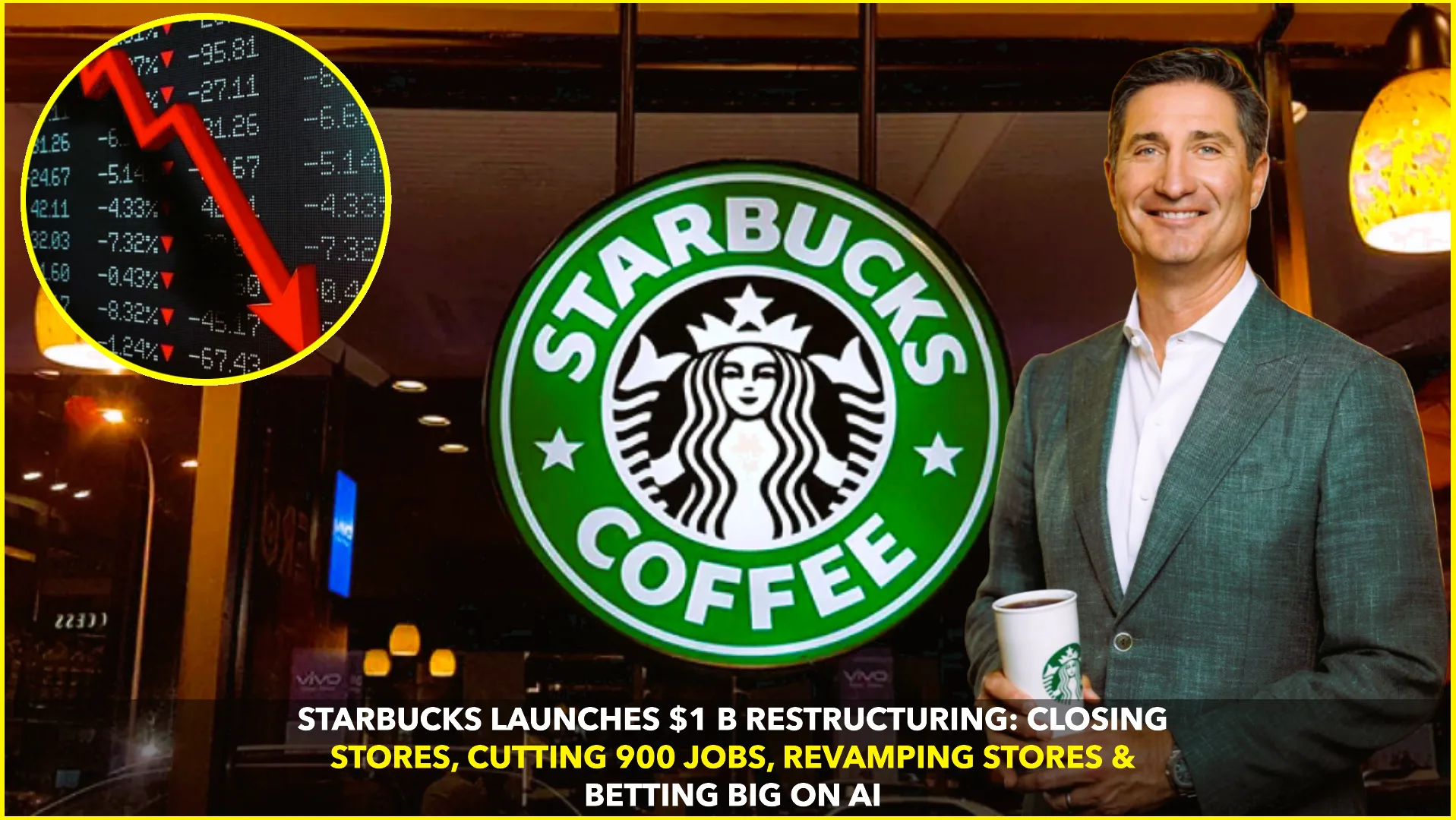China’s financial markets have been rattled by an unprecedented downturn, with the Hong Kong Hang Seng Index suffering a catastrophic single-day drop of 13.2%. This marks the steepest decline since the 1997 Asian financial crisis and rivals the market chaos witnessed during the 2008 global economic collapse. The sharp fall sent shockwaves through regional markets and raised fears of a looming global recession.
The downturn was triggered by a mix of rising geopolitical uncertainty and escalating trade tensions, particularly between China and several Western economies. Amid renewed tariff threats and disrupted supply chains, investor confidence has been severely shaken. The Hang Seng Index’s plunge reflects widespread fears that the economic decoupling between global superpowers could have long-lasting repercussions on international trade and growth.
Analysts point to a convergence of risk factors fueling the sell-off. Trade negotiations between China and the United States have stalled once again, with both sides imposing fresh tariffs on key goods. Tensions have further escalated following reports of potential sanctions on Chinese tech firms, adding to the strain. These developments have cast a shadow over investor sentiment, triggering panic selling across sectors including technology, finance, and manufacturing.
“The market is reacting to a perfect storm of trade hostilities, weakening global demand, and policy uncertainty,” said Raymond Wong, a senior analyst at Pacific Equity Partners in Hong Kong. “Investors are quickly pulling out of riskier assets, and unfortunately, Hong Kong equities are bearing the brunt of the sell-off.”
The sharp drop in the Hang Seng Index reflects broader concerns about China’s slowing economic momentum. Recent data indicates a decline in industrial output and consumer spending, both of which are key indicators of economic health. The real estate sector, which has long been a pillar of China’s growth, continues to face mounting debt pressures and liquidity issues, compounding the market’s woes.
The impact wasn’t limited to Hong Kong. Mainland Chinese markets also saw significant losses, with the Shanghai Composite Index falling by over 6% during the trading session. Asian markets such as Japan’s Nikkei and South Korea’s KOSPI mirrored the downward trend, underscoring how interconnected global markets have become.
Global investors have also become increasingly concerned about the ripple effects of China’s market troubles on the wider world economy. Many fear that a prolonged downturn in Asia’s largest economy could further destabilize emerging markets and hurt multinational corporations heavily reliant on Chinese supply chains and consumers.
Adding to investor anxiety are concerns over a potential global recession. The International Monetary Fund (IMF) recently revised down its global growth forecast, citing persistent inflation, high interest rates, and ongoing geopolitical conflicts. Financial markets across Europe and the U.S. also dipped in response to the Chinese market turmoil, with the Dow Jones Industrial Average opening sharply lower and European indexes posting significant losses.
Central banks around the world are now facing mounting pressure to respond. While some analysts anticipate coordinated policy action to stabilize global financial systems, others warn that tools such as interest rate cuts may have limited impact in the face of deep structural uncertainties.
Economists stress the importance of restoring diplomatic dialogue and rebuilding global trade partnerships to prevent further deterioration. “Without a clear roadmap toward resolving trade tensions, the markets will remain highly volatile,” said Li Mei, an economist at Beijing Financial Institute. “Policymakers must act decisively to calm investor nerves and support economic stability.”
As global investors brace for further volatility, the current market meltdown serves as a stark reminder of how fragile the global financial system remains in the face of geopolitical shocks. The coming days will be critical in determining whether this downturn is a temporary correction—or the start of a deeper global financial crisis.










